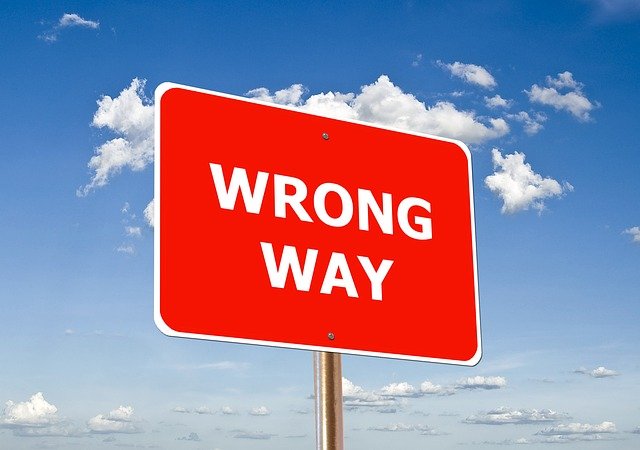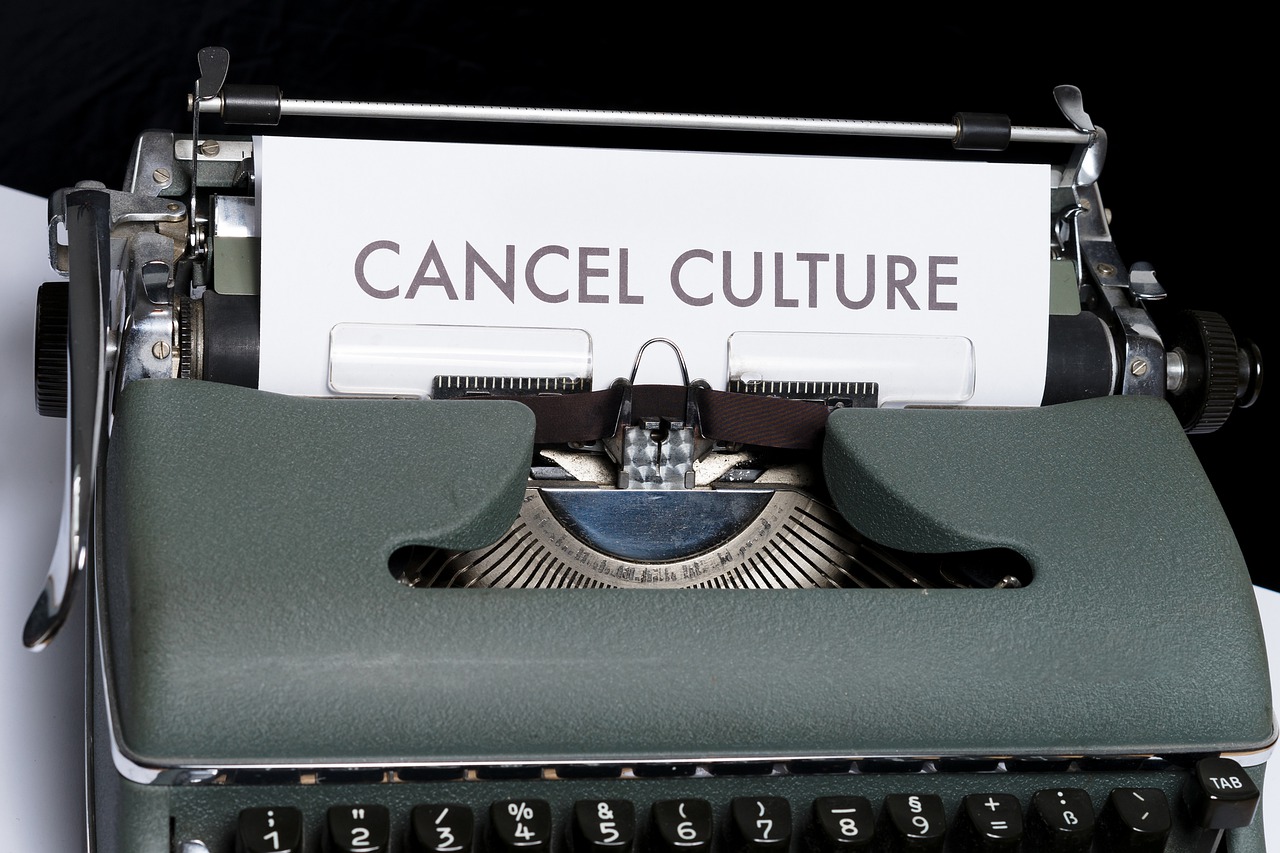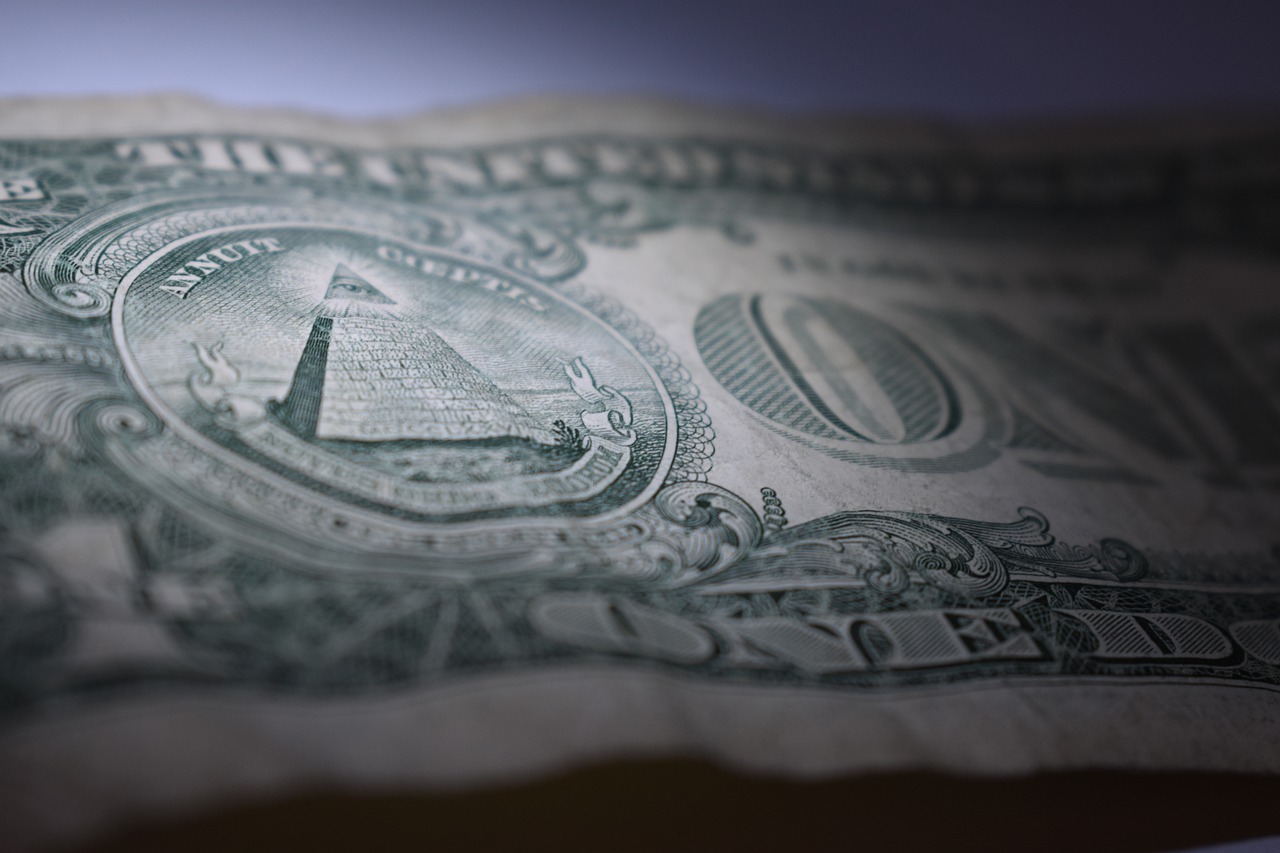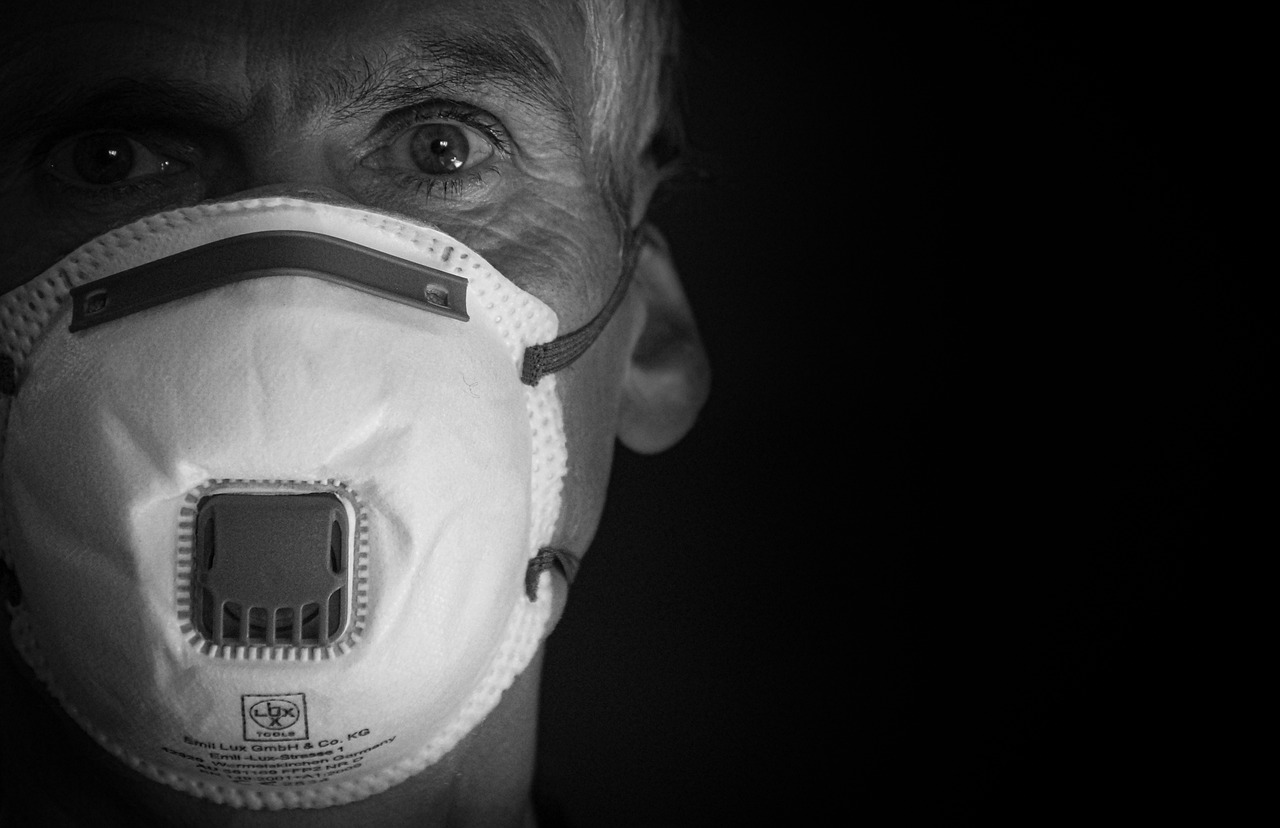Should Cancel Culture Be Cancelled?
January 18, 2021We live in an age where people are hypersensitive and easily offended. The news is filled with stories involving someone or some group of people being upset by something that, more often than not, is completely trivial. For years now, we’ve been hearing about ‘snowflakes’ – this term usually refers to young people who are emotionally delicate and don’t like dealing with some of the harsher truths of modern life.
What’s scary is that these days, people who offend or upset others don’t just get to walk away and carry on with their lives. This is thanks to something called cancel culture, a practice that many think should itself be cancelled.
What Is Cancel Culture?
 So what exactly is cancel culture? It refers to the practice of someone being publicly boycotted, often on a large scale, because they’ve said or done something to offend others. While it mostly involves celebrities and public figures, companies can fall victim to cancel culture.
So what exactly is cancel culture? It refers to the practice of someone being publicly boycotted, often on a large scale, because they’ve said or done something to offend others. While it mostly involves celebrities and public figures, companies can fall victim to cancel culture.
More often than not, cancel culture involves social media. People don’t like something that a person or company has said or done and they post about it to social media. Others do the same and the more people complain about something, the more attention it attracts and it keeps on growing from there.
In some cases, callouts on social media can be so numerous that the person or company who is guilty of ‘offending’ feels pressured to make an apologetic statement or condemn what they themselves said or did. The attention they’re getting is so great that they have to speak out, to right their apparent wrong, so they don’t come across as ignorant.
Cancel culture is a very powerful phenomenon. Cases of it can hit mainstream news and can even cause the ‘guilty’ party to lose work, customers and social media followers. Many people will say on social media that they’re not going to support the offending person or company by following their social media pages or buying whatever products they’re selling.
What’s quite frightening about cancel culture is that it isn’t things you say or do today that can cause you to get cancelled; things you’ve said or done in the past can too. There have been many stories of ‘historic tweets’ – that is, tweets made several years ago – being made known to today’s followers and highlighted as examples of a person or company’s offensive attitude.
Examples of Cancel Culture
One of the most recent high-profile cases of cancel culture involved Harry Potter author J. K. Rowling. It all started when she criticised an article for referring to women as ‘people who menstruate’ instead of simply ‘women’. She went on to defend her stance that sex as a concept shouldn’t be erased, but some interpreted her words as being transphobic. A British children’s news website, The Day, called for her work to be boycotted ad suggested her comments were harmful towards transpeople. The site ended up getting threatened with legal action and made a public apology to the author.
Even though some have called for J. K. Rowling to be cancelled, the author seems to have weathered the storm. Throughout the incident, while she was criticised by same, she was praised by others for sticking to her views and standing up for women.
In a related case, there were calls to cancel Johnny Depp when he was announced as part of the cast of the second Fantastic Beasts film. This was because of domestic violence allegations. By the time it came to filming the third instalment, there had been a very public trial involving Depp and his ex-wide Amber Heard. The calls to cancel Depp were much stronger and, because of the controversy surrounding the case, the actor was made to resign from the film (and, presumably, the other two in the planned series of five).
While cancelled people and companies still have fans, it’s a challenge for them to get back to where they used to be, especially since, thanks to cancel culture, their reputations can become significantly tainted.
Is Cancel Culture Wrong?
Ideally, society would run on the practice of forgiving and forgetting. In other words, if you do something wrong, or something that offends someone, you can apologise and all parties involved can move on.
However, this isn’t an ideal world and cancel culture, which is the equivalent of a modern-day witch hunt, vilifies those who put a toe out of line, whether they mean to or not.
Some claim that cancel culture is a way of people who are marginalised by society speaking out and calling out offensive and harmful attitudes of others. Critics of cancel culture argue that the consequences people can suffer are way out of proportion and that free speech is being oppressed. They believe that people should be able to speak their minds without having potentially devastating life-changing changes come their way; if some people get offended, so be it.
Many would say that no person or company deserves to be cancelled and that the only thing that should be cancelled is cancel culture itself. What are your thoughts on this?


